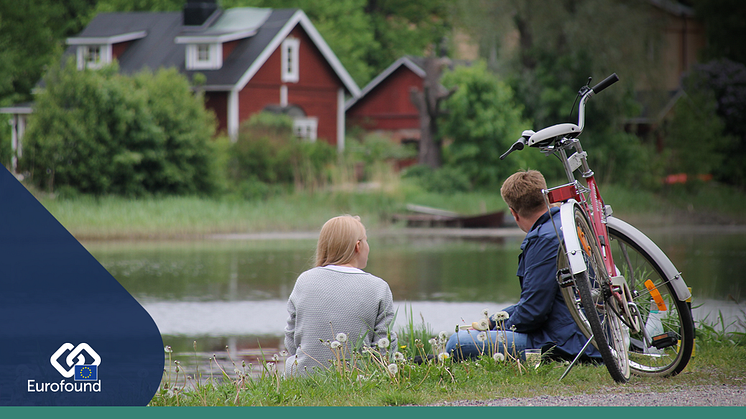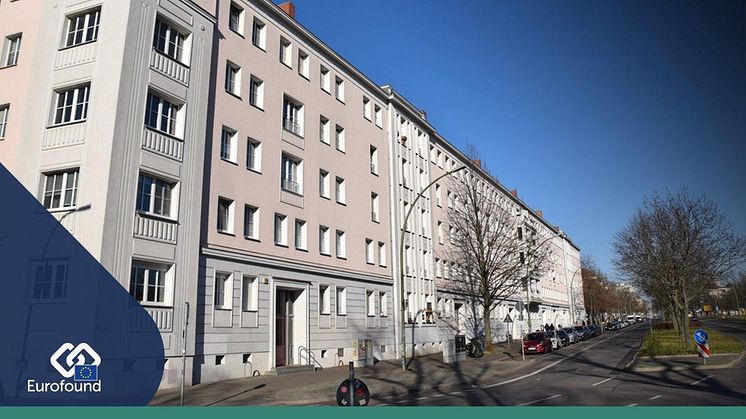
News -
EU priorities: Working for a strong Europe
The new von der Leyen Commission took office on 1 December 2019. Having adopted its first work programme on 29 January 2020, the Commission sets out its plans for a transition to a fair, climate-neutral and digital Europe. It outlines six top priorities. The work programme ‘also reflects the main priorities for the European Parliament and those in the European Council’s Strategic Agenda for 2019–2024’.
Eurofound’s work directly feeds into a number of these key areas aimed at creating a strong social Europe. Explore where Eurofound’s research can provide you with the most current findings relevant to the EU policy priorities.
Priority 1: An economy that works for people
Priority 2: A Europe fit for the digital age
Priority 3: Promoting our European way of life
Priority 4: A European Green Deal
- Employment implications of the Paris Climate Agreement
- Future of Manufacturing in Europe
- Europe’s low-carbon transition makes economic sense
Priority 5: A stronger Europe in the world
Priority 6: A new push for European democracy
- Upward convergence in the European Union
- Societal change and trust in institutions
- Is rural Europe left behind?
- What makes capital cities the best place to live?
Additional information
Access further information about Eurofound’s work
Get an overview of Eurofound’s publications 2020
Sign up for information about Eurofound’s work






